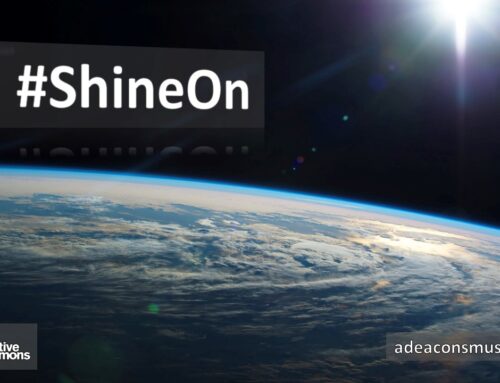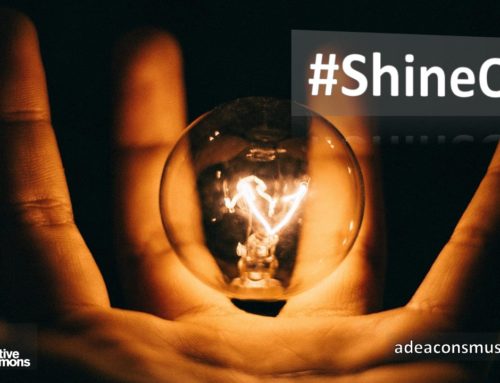For those who read this blog regularly, you will know that, as an organisation, The United Church of Canada (UCC) has been exploring structural change. There are many rationales for this, often grounded in a perspective of deficit. This orientation can definitely lead to difficult and awkward conversations. It can also, in my experience when systems are in flux and organisations are confronting change, also silence the very conversation that need to happen. And – fortunately – that seems to be no longer happening!
Recently, a conversation about the nature of faith in the twenty-first century has garnered national attention. In particular, what does it mean to be a Christian, where or how is Jesus central to that discussion, and what is the nature of God? This conversation, spurred by the ministry offered by Gretta Vosper, has focused on atheism. For her, broadly speaking, atheism is a rejection of the ‘supernatural.’ This position has led to a denominational discernment as to whether those in leadership can be considered suitable for such a role, if they hold to theology defined as, “in a broad sense, the rejection of belief in the existence of deities”?
I will not presume to answer that question, but I do admit I find it very exciting that this exploration – as just one of many that is percolating within and around the church’s primary focus on maintenance and structure – is (finally) beginning. My excitement, however, is tempered as to whether or not we will engage in it (and others) conversationally or argumentatively? Will we seek new ways to understand and articulate our central values that translate well into the world into which we are called? Will we set boundaries of right and wrong and thus create binaries that establish orthodoxy? The implications for either approach will be far reaching.
Whether we are talking about what we are called to do, as a people of faith (missiology) in the world or what the purpose of the church is (ecclesiology) within and beyond our walls simply highlights that (for many UCC congregations) we are an institution surrounded by a world that often sees us as a relic. In turn, we see often the world around us – which often can appear on the surface to have values alien to our own – as hostile. As such, we sometimes avoid asking how we might we translate the Good News in ways that we can be heard, as opposed to being seen as either irrelevant or judgemental. I think one of the ways in which to begin to answer that question (and others), is a conversation about such topics as how we understand leadership, what the ministry of Jesus says to us now, and what exactly is the nature of God?
As I have said, I do not claim to have an answer in respect to the discipline component that seems to be emerging in respect to the ministry and leadership of Gretta Vosper. I do believe, however, that – even though I may not share her theological perspective – her challenge creates an opportunity for creativity that may generate unexpected gifts, should we approach such challenge as a conversation. Should we take such a conversation seriously, we must endeavour to remove the tendency to personalise. It is often a temptation to solely focus on the people as the problem and lose sight that there are issues and challenges that – when respectfully engaged – reveal potential and unexpected opportunities. What I do know, as well, is that responding with the certainty of ego and not the confidence of curiosity has a sad and dangerous history, especially in the church.
I hope that as we engage one another about our future, whether that be structural and theological, we passionately embrace that it is in community that the Holy thrives. It is in the embrace of diversity’s potential that the impossible becomes not only possible, but probable. Whoever Jesus is and has been, his promise has always been lived out preferentially amidst those who doubt, fail, struggle and question. Where we imagine we are and where we actually are in that preference creates a playful paradox in our own lives … if we but take the step explore with eyes wonder-filled …








Your reflections are most welcome!